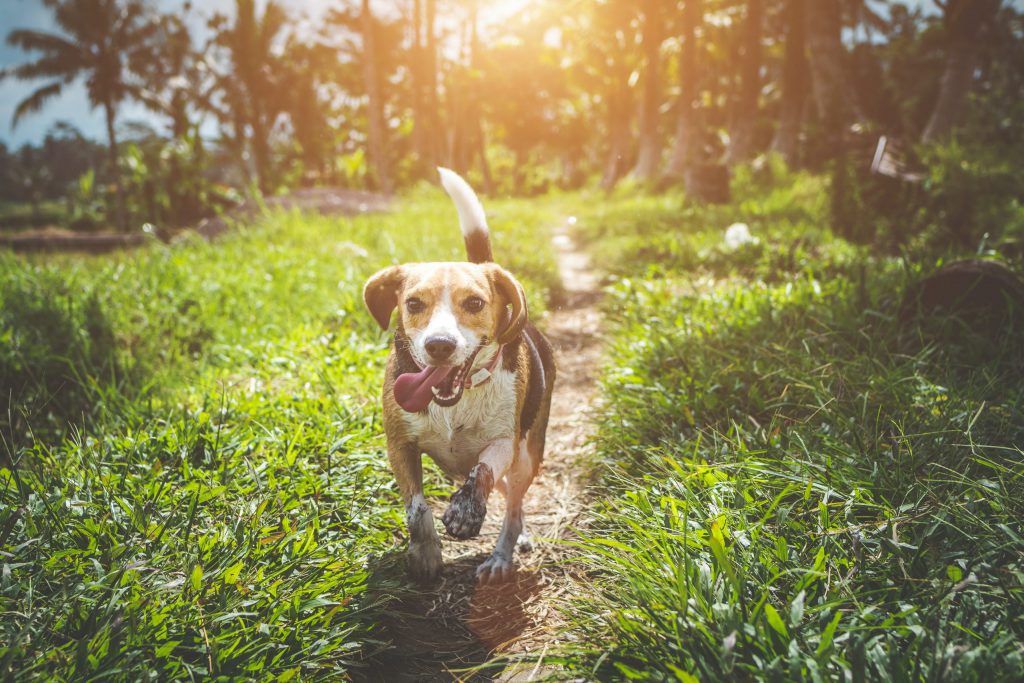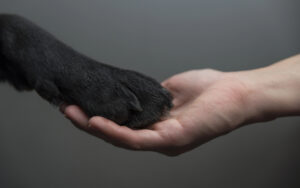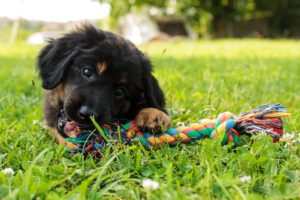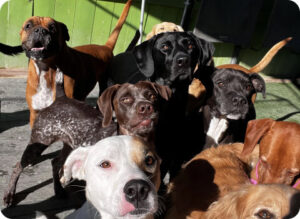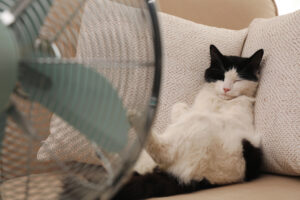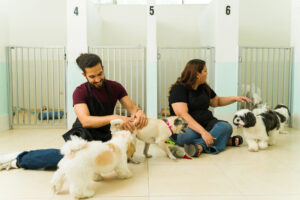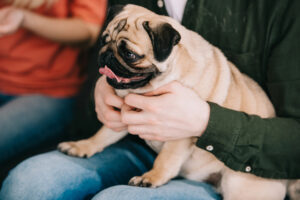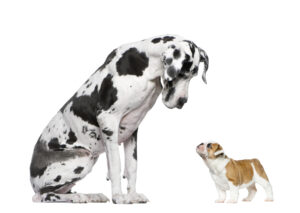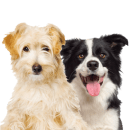Welcome to our first installment of Fon Jon’s Training Tips Series. This information is coming straight from Manuel Villanueva, who should be your first choice if you’re looking for top-notch puppy training in San Diego. He’s sharing his wealth of knowledge so that you can better understand your dog.
The Importance of Puppy Training
 Cutting right to the chase, we’re going to discuss the most important command you will ever teach during your puppy training: recall, also known as “Come!” The recall command is crucial for dependability. Being able to ask your dog to return to you and knowing he will listen to you offers freedom and peace of mind.
Cutting right to the chase, we’re going to discuss the most important command you will ever teach during your puppy training: recall, also known as “Come!” The recall command is crucial for dependability. Being able to ask your dog to return to you and knowing he will listen to you offers freedom and peace of mind.
The value of instilling this action at a young age cannot be overstated. A common mistake is waiting until your dog has matured to start teaching the recall. Unfortunately, by this time your dog has most likely learned they can ignore your commands, whereas a puppy does not yet know how to disobey. It’s much easier to create a good habit than to break a bad one.
Beginning at three and a half months your puppy begins gaining the capacity to retain basic obedience, but puppy training, especially recall, can and should be taught as early as 10 weeks. At this young age, you are nurturing the basic instinct to be near a parent, making this an easily taught lesson that is very pleasant for your dog.
How to Teach the Recall Command
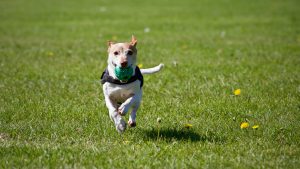 To start your puppy training, you will need an assistant and some enticing treats such as hot dogs, chicken, or anything that really piques your dog’s interest (my dog is partial to pepperoni and lunch meat). Have your assistant restrain your pet by holding the dog’s chest or placing a hand under their collar. Do not pull back on a leash.
To start your puppy training, you will need an assistant and some enticing treats such as hot dogs, chicken, or anything that really piques your dog’s interest (my dog is partial to pepperoni and lunch meat). Have your assistant restrain your pet by holding the dog’s chest or placing a hand under their collar. Do not pull back on a leash.
Teaching Your Puppy to Return to You
With your dog being held in place, stimulate your pet by presenting the treat then running a couple of steps away. When you get about 10 feet away drop down with open arms and call “(Your dog’s name) Come!” in a clear and excited voice. Your assistant should release the dog the moment you call. Only state your command once but non-verbal encouragement such as clapping or slapping your leg can help steer your pup in the right direction. Repeatedly yelling a command that your dog does not respond to only conditions them to ignore your calls.
When your dog comes to you, greet him with excitement and praise, and reward them with the treat. You want to establish that coming to you is always the best option for your dog. As your pet arrives gently secure him by holding his collar as he receives his reward. This teaches your dog to stay in place after returning to you when called, as opposed to darting away when you reach to attach their leash, allowing your dog to start a game you are sure to lose.
Eventually, the dog should sit upon returning to you, but to start your only concern should be your puppy coming to you. Repeat this process 5 times, keeping your sessions short and sweet.
On the last repetition of your session, you’ll want to scoop up your dog and carry him off as one final reward.
Additional Tips for Puppy Training
Finally, don’t forget that practice makes perfect, so make an attempt to fit as many sessions as you can into your schedule. When you first start your training you will want to keep the distance your dog has to travel relatively short and gradually increase the distance as your dog progresses. When you first begin, you should also practice your training in a controlled environment familiar to your dog, such as your house or back yard. As your dog improves you will want to move to new, more demanding areas, gradually increasing distractions to your dog.
For example, your next step after the back yard should be the front yard, not the dog park. It’s important to vary where you work on your puppy’s recall so that they understand they need to respond to your command at all times and in all places. If you only practice in your house your dog will be less responsive out in the world. Don’t be afraid to take a step back if you are increasing your training demands and your dog isn’t keeping up. Baby steps are the name of the game and it’s infinitely better to make small advancements well than it is to make huge strides poorly.
With this knowledge and a few weeks’ work, you can imprint a valuable trait that will last a lifetime! You are now well on your way to having a responsive, reliable companion.
Looking for Puppy Training in San Diego? Fon Jon Pet Care is Here to Help!
If you are looking for puppy training in San Diego or other quality pet care services such as dog boarding, daycare, or training, you can rely on Fon Jon Pet Care.
Getting your puppy started with training as early as possible will go a long way in preparing them to be reliable companions! Contact Fon Jon Pet Care at 1-858-250-3601 or visit our site today and we’ll be happy to help you with your pet care needs.




